The city of Lake Elsinore in Southern California has announced the closure of its Walker Canyon in anticipation of the seasonal bloom of wild poppies. The city experienced a “super bloom” of poppies in 2019, which drew in thousands of visitors, causing gridlocks, overcrowding, and even environmental damage. To prevent a repeat of the chaos, the city has closed the trails, roads, and parking areas surrounding Walker Canyon and will not be running shuttles to the location. The closure of Walker Canyon is a result of the increasing issue of overtourism, where popular destinations are being forced to shut down due to excessive tourist traffic.
Mayor Natasha Johnson stated that while Lake Elsinore typically welcomes visitors to enjoy its vibrant community and boost its economy, the visitors to Walker Canyon in 2019 resulted in a cost that was too high for the residents and wildlife. Riverside Sheriff Chad Bianco warned that any visitors to the canyon could face steep penalties and even arrest as they will be implementing a zero-tolerance policy for trespassing and parking on the sides of the roadways.
The closure of Walker Canyon has received mixed reactions from the public, with some residents being disappointed while others are glad to avoid gridlocks. Some have criticized the city for missing out on the opportunity to make money from the phenomenon, but Mayor Johnson stressed that the city’s main focus is the safety and preservation of its community.
For those looking to enjoy the beauty of the wild poppies, the city has live video footage of Walker Canyon available on its website. Mayor Johnson encourages visitors to focus on the Super Bowl and not the “super bloom” that is not happening this year. With the new rules of travel, it is important to respect the efforts being made to preserve natural resources and to avoid being an overtourist.
Lake Elsinore Prevents Repeat of 2019 “Super Bloom” Chaos with Walker Canyon Closure
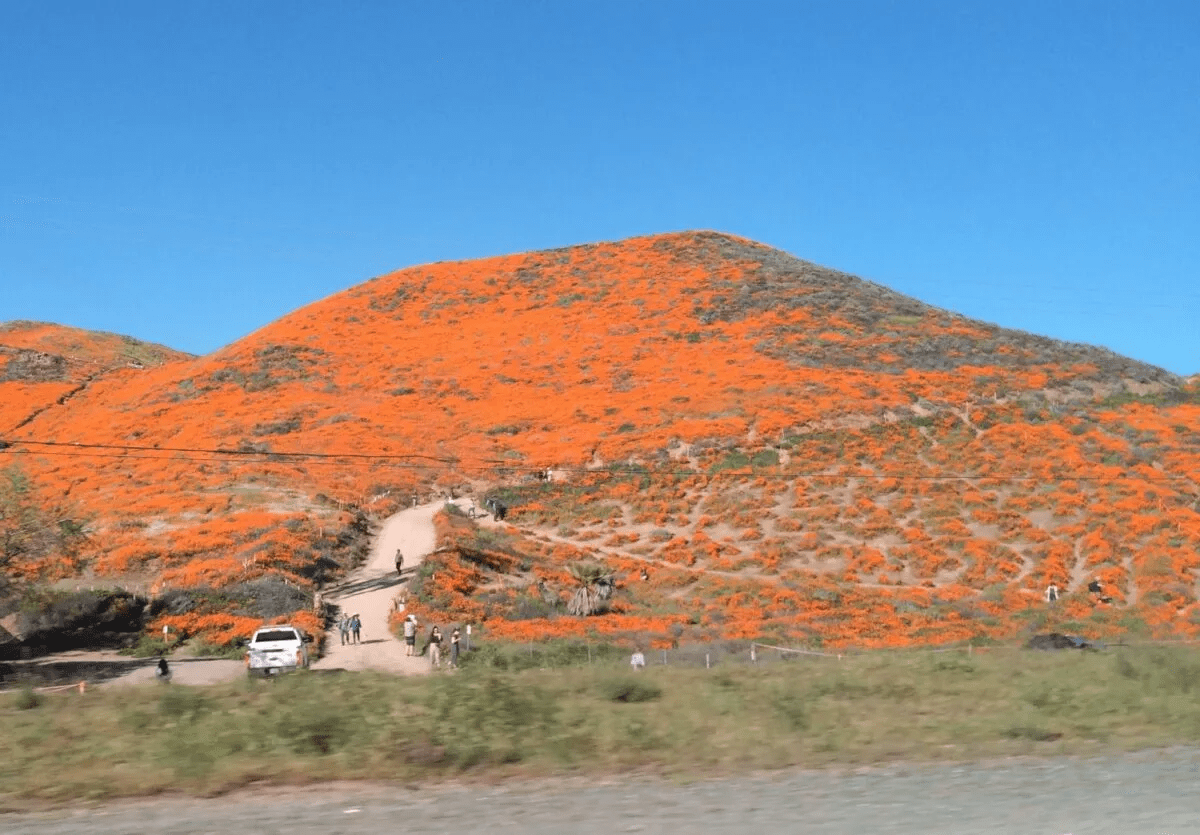
Latest from Nature
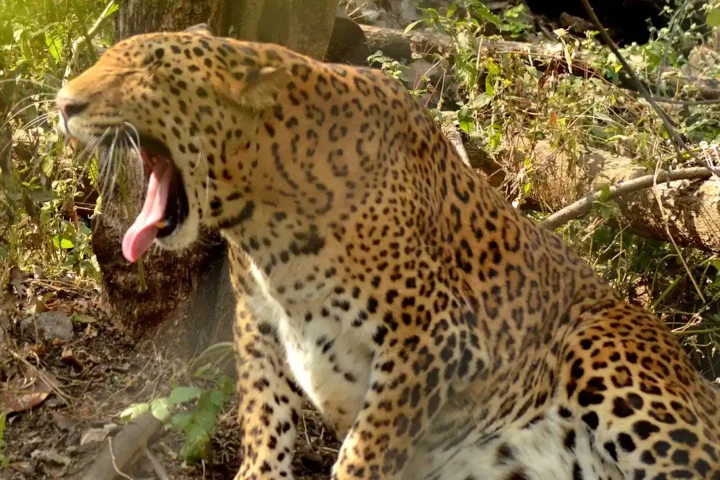
Thane leopard sightings surge—but experts say it’s CCTV boom, not big cat population explosion
Over the past couple of days, Thane has found itself on high alert over leopard sightings. CCTV clips, WhatsApp forwards and faster news alerts have created a panic among the residents living/moving
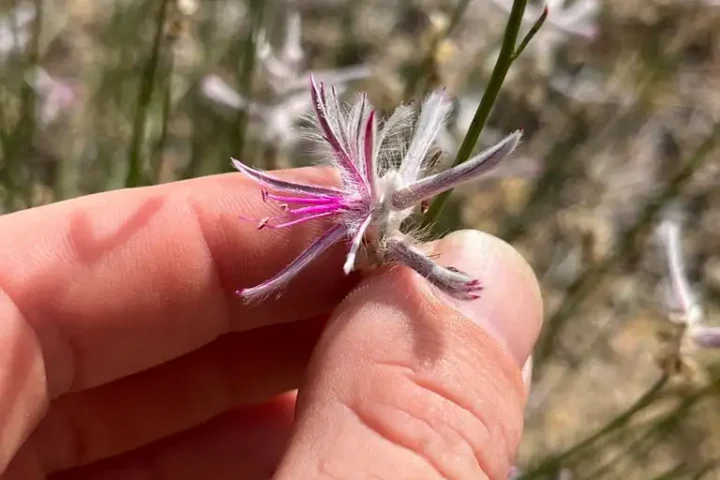
Extinct For 58 Years: How One Phone Snap Just Solved A Major Botanical Mystery
Extinct Plant Rediscovered Through Citizen Science Extinct Plant Rediscovered After 58 Years Through Citizen Science Photo Ptilotus senarius grows in such a remote part of Australia it’s a miracle it was rediscovered

Sydney Shark Attacks: Why 127mm Of Rain Makes Swimming A “Terrible Idea”
Sydney Shark Incidents: Three Events in 26 Hours Temporary beach closure and shark sighting warning signs stand along Dee Why Beach after multiple shark incidents were reported across Sydney’s coastline within a

Wildlife Break‑In at Ashland ABC Store: How a Drunk Raccoon Ended Up Passed Out in the Bathroom
Ashland ABC Store Raccoon Incident – Wildlife Breach Report 🦝 Wildlife Incident Report When a Masked Bandit Ransacked a Liquor Store Inside the November 2025 wildlife breach at the Ashland ABC store

Delhi Southern Ridge Gets 4,080-Hectare Shield After 31 Years As ‘Three Decades’ Delay Sparks Encroachment Concerns
Delhi Southern Ridge Forest Protection: 31-Year Journey to Legal Shield Skip to main content Environmental Milestone Delhi’s Southern Ridge: 31-Year Wait for Forest Protection Ends 4,080 hectares of the capital’s vital green
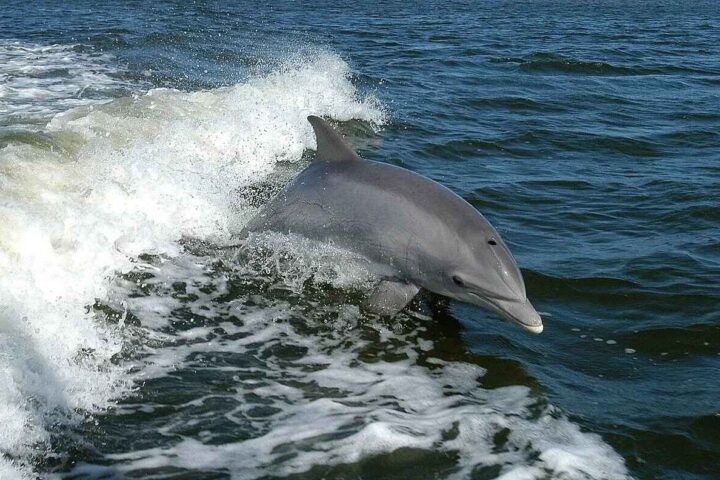
Toxic Algal Blooms Trigger Alzheimer’s Brain Changes in Florida Dolphins, Human Risk Studied
Dolphins in Florida Show Alzheimer’s-Like Brain Changes Marine Science & Health Florida Dolphins Show Alzheimer’s-Like Brain Changes Linked to Toxic Algal Blooms Research connects neurotoxins from harmful algal blooms to brain changes

Court Says Agencies Broke Laws On Knotty Pine; “Can’t Ignore Facts Or The Law” In Cabinet‑Yaak Grizzly Habitat
Environment Federal Court Says Agencies Broke Laws on Knotty Pine Logging in Montana Grizzly Country Subheading: A quick, visual summary with quotes, key figures, a compact timeline, and a short quiz—kept simple
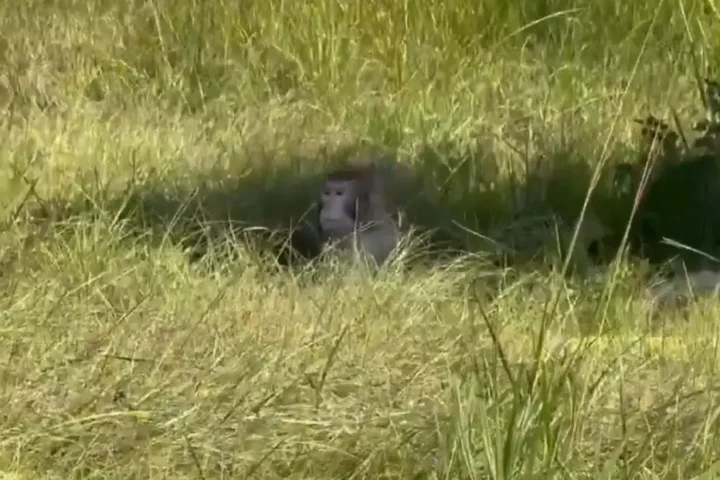
Mississippi Monkey Escape: 3 of 21 Lab Primates Still Missing After I-59 Truck Crash Near Heidelberg
⚠️ Ongoing Incident Mississippi Highway Crash Leaves Research Monkeys on the Loose 📅 October 30, 2025 📍 Jasper County, Mississippi ⏱️ 4 min read A rhesus macaque sits in roadside grass beside

Nigeria Wildlife Trafficking Penalties: ₦12m Fines And “Up To 10 Years,” Senate Says
Nigeria’s New Wildlife Trafficking Penalties – Interactive Brief Wildlife Crime Nigeria to impose stricter fines, jail sentences on wildlife traffickers Traffickers of ivory, pangolin scales, and other wildlife are set to face

Queensland Rainforests Flip From Sink To Source; “First In The World,” Says University Team
Environment 📅 Oct 26, 2025 ⏱️ 3–4 min interactive Queensland’s Tropical Rainforests Now Release More Carbon Than They Absorb A long-term record from north‑eastern Australia reports a shift in above‑ground biomass balance:

Vipers Hit Target In 21.7ms: High‑Speed Study Times 36 Venomous Species
Science High‑Speed Cameras Reveal How Venomous Snakes Bite Fast strikes, different tactics: vipers top the speed chart, with an Australian death adder close behind. 📅 Oct 25, 2025 ⏱️ 5 min read

Dusky Sharks Kill Snorkeler In Israel’s First Recorded Fatality—Study Cites “Begging” Behavior And GoPro Lure
Feature image: Dusky shark (Carcharhinus obscurus), CC BY 2.0 Marine Safety · Field Note Dusky Sharks in Hadera: Rare Fatal Attack & Verified Context A snorkeler was fatally bitten off Hadera, Israel,

Trump Interior RIF Plan Puts 2,050 Jobs On The Line—132 At Fish And Wildlife Service
Court Filings • Case 3:25-cv-08302-SI Trump Administration Moves to Cut Over 2,000 Wildlife Conservation Jobs A federal judge issued a Temporary Restraining Order (TRO) pausing Interior Department reduction-in-force (RIF) actions. Court filings

First American insect extinction proven by 93-year-old specimen DNA, restoration begins after 83 years
Specimens of the extinct Xerces blue (Glaucopsyche xerces) in a Field Museum drawer—an archive that helped confirm it as a distinct species and the first U.S. insect lost to human-driven habitat change.
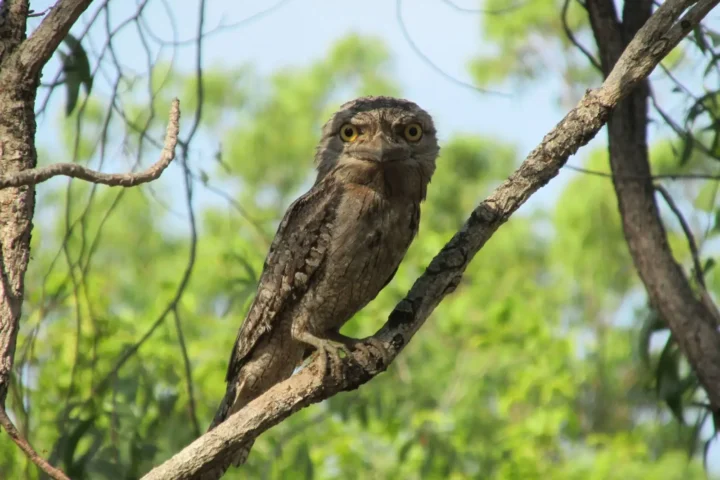
Australian Bird Of The Year 2025: Tawny Frogmouth wins with 11.8k — see the full final-round split and top-10
Australian Bird of the Year 2025: Tawny Frogmouth Takes the Crown Final vote placed the tawny frogmouth ahead of Baudin’s black cockatoo and the gang-gang cockatoo after 313,000+ total votes. Final Round:


